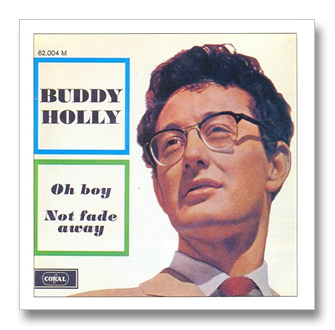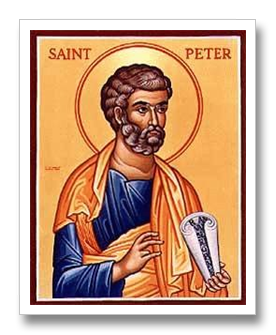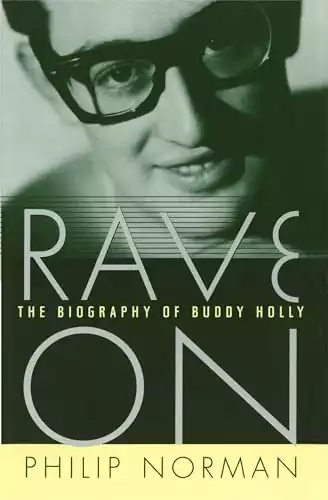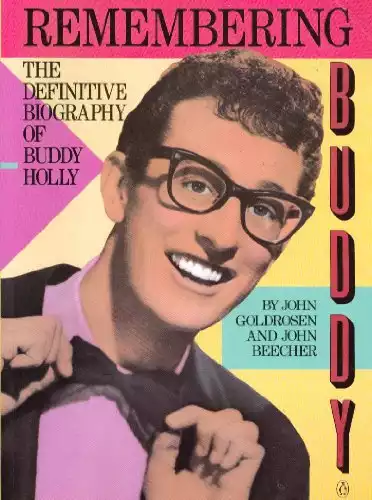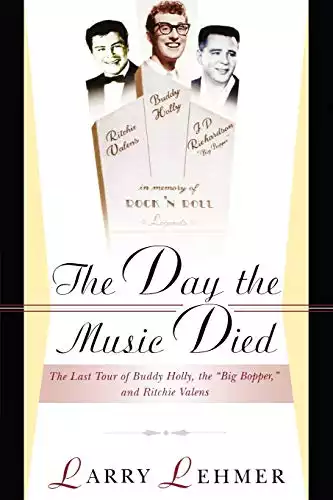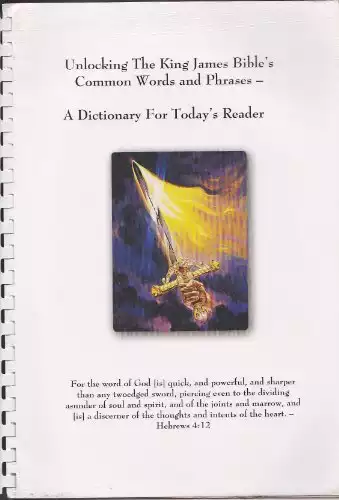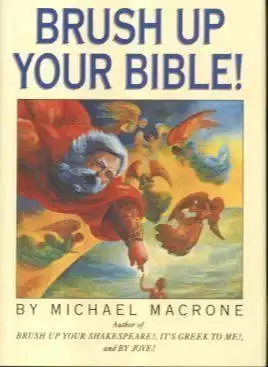“Not Fade Away” was actually the “B” side of the record. But it eventually became more widely known.
It’s a classic rock ode with a Bo Diddley beat about a guy whose love for a girl is “bigger than a Cadillac” – a love, the guy claims, that’s real and “not fade away.”
Holly was killed in a tragic plane crash a little over a year after “Not Fade Away” was released. (The date of his death, February 3, 1959, was memorably called “the day the music died” by Don McLean in his 1971 hit song “American Pie.”)
Although Holly’s song popularized “not fade away” as a hip phrase, it had been used in literature as far back as the early 1800s.
And, it’s likely a vernacular echo of an earlier phrase found in the King James Version of the Bible: “fadeth not away.”
In I Peter 5, Saint Peter, the apostle of Jesus who is considered to be the first Pope of the Catholic Church, gives some advice to leaders of the growing number of Christian congregations.
Among other things, he tells them they need to take care of their flocks and set good examples for them.
If they do, he explains, they will be rewarded with a crown of glory that won’t fade away when Jesus returns in the Second Coming to take true believers to heaven.
In verse I Peter 5:2-4 of the King James Version of the Bible, Peter’s words are given like this:
“…Feed the flock of God which is among you, taking the oversight thereof, not by constraint, but willingly; not for filthy lucre, but of a ready mind; Neither as being lords over God’s heritage, but being ensamples to the flock. And when the chief Shepherd shall appear, ye shall receive a crown of glory that fadeth not away.”
Of course, no one says “fadeth not away” nowadays unless they are quoting the Bible.
But the phrase “not fade away” is heard fairly often.
My favorite recent example was its use as the title of an episode of the AMC Network TV show “Fear the Walking Dead.”
And, in the decades since Buddy Holly’s death, the song “Not Fade Away” has certainly not, well, faded away.
It has been covered by many other great musicians and bands, including Bob Dylan, the Rolling Stones, Bruce Springsteen, Patti Smith, The Byrds, Tom Petty, James Taylor, Sheryl Crow and the Grateful Dead.
For more background on the song, see the in-depth post about it on the American Songwriter website.
EDITOR’S NOTE: Back in 2009, on the day when I was writing the first draft of this post, I heard that William Safire had died. Safire’s “On Language” column in the New York Times Magazine and his many excellent books about the origins of famous quotations and phrases that grew out of it were among the inspirations that led me to create this blog. He was one of the great quote mavens of our time. May his legacy not fade away.
* * * * * * * * * *
Comments? Corrections? Post them on the Famous Quotations Facebook group.
Related listening and reading…


